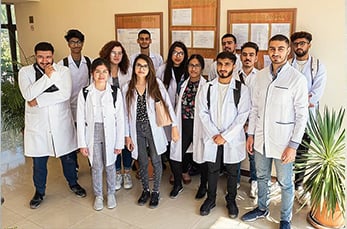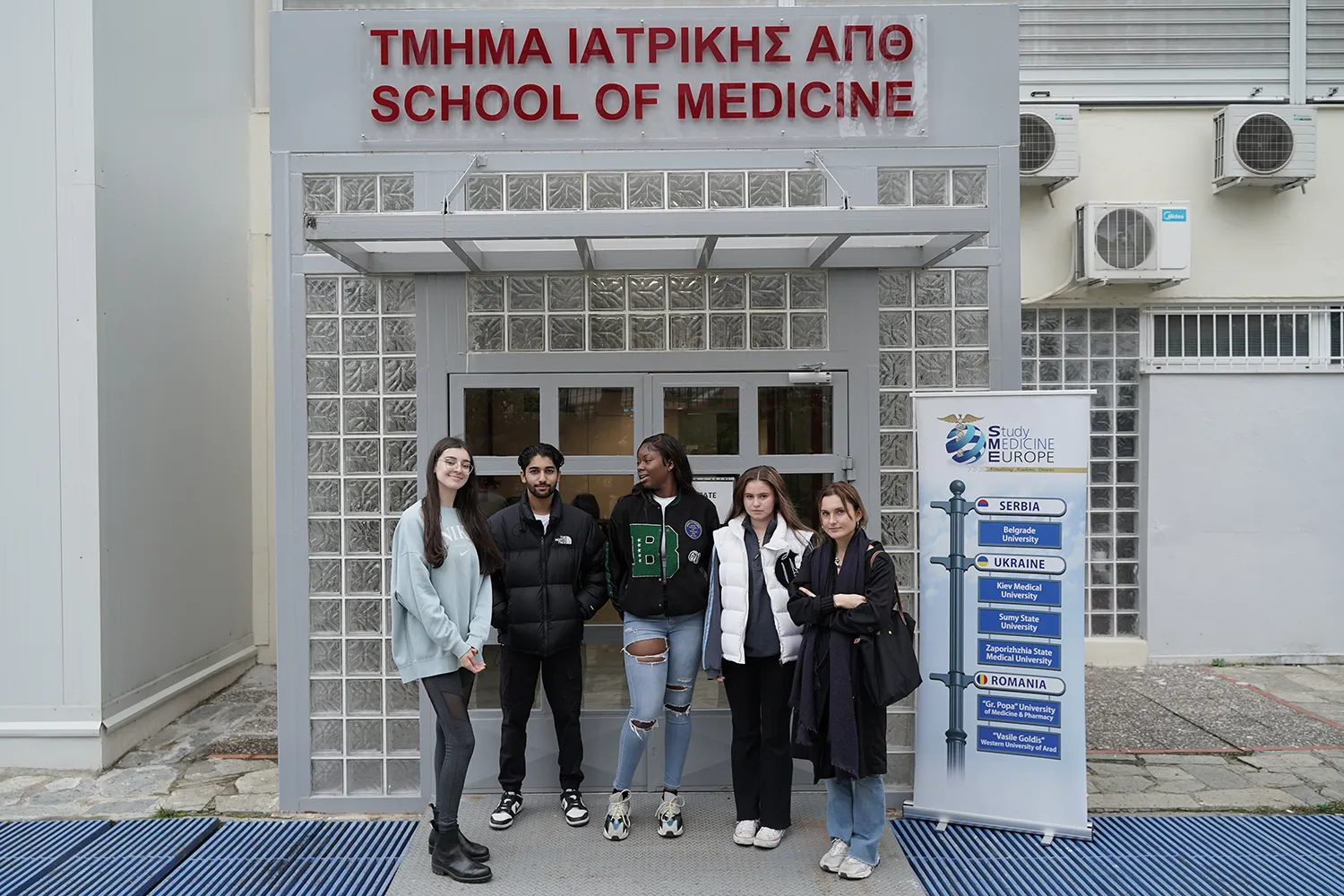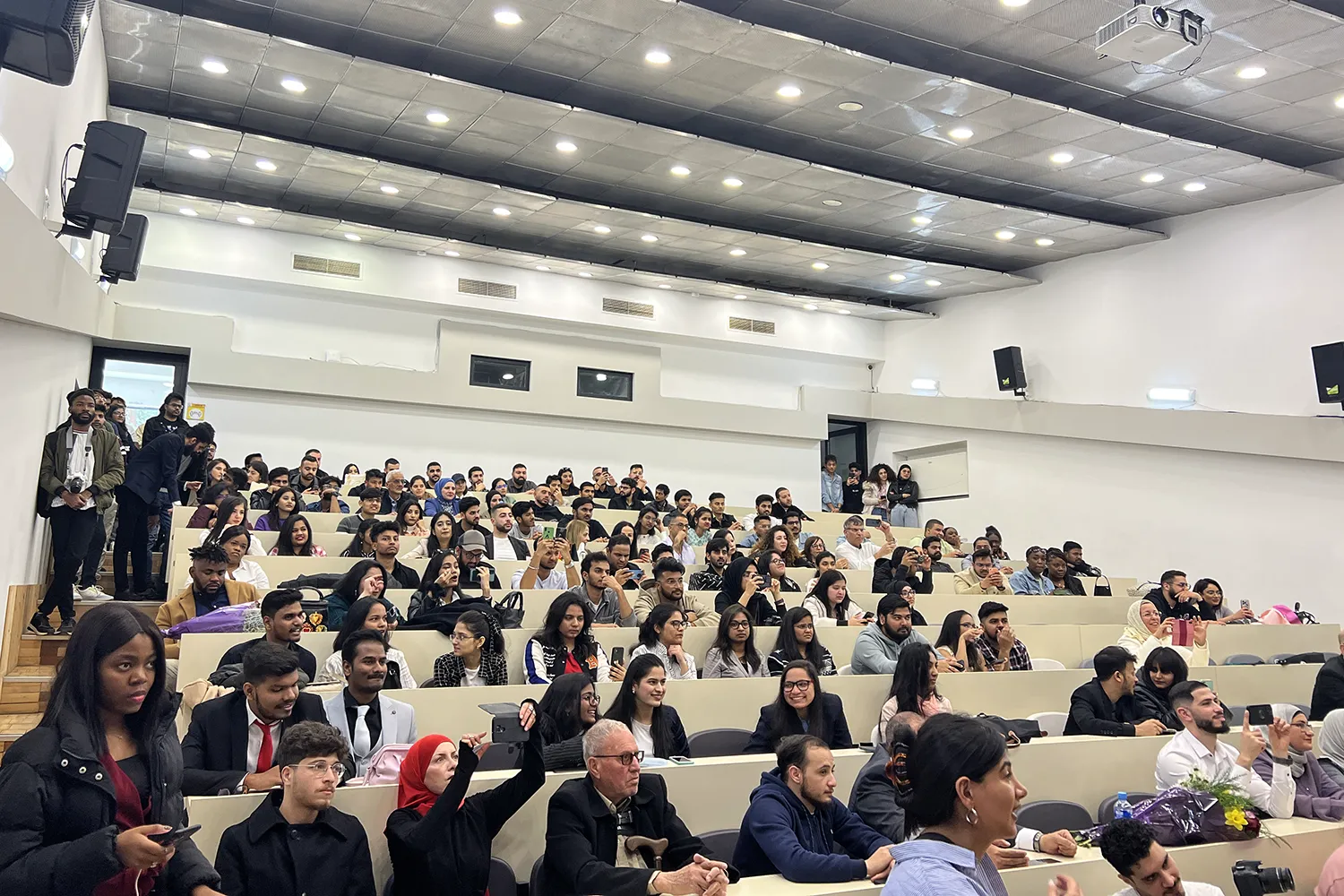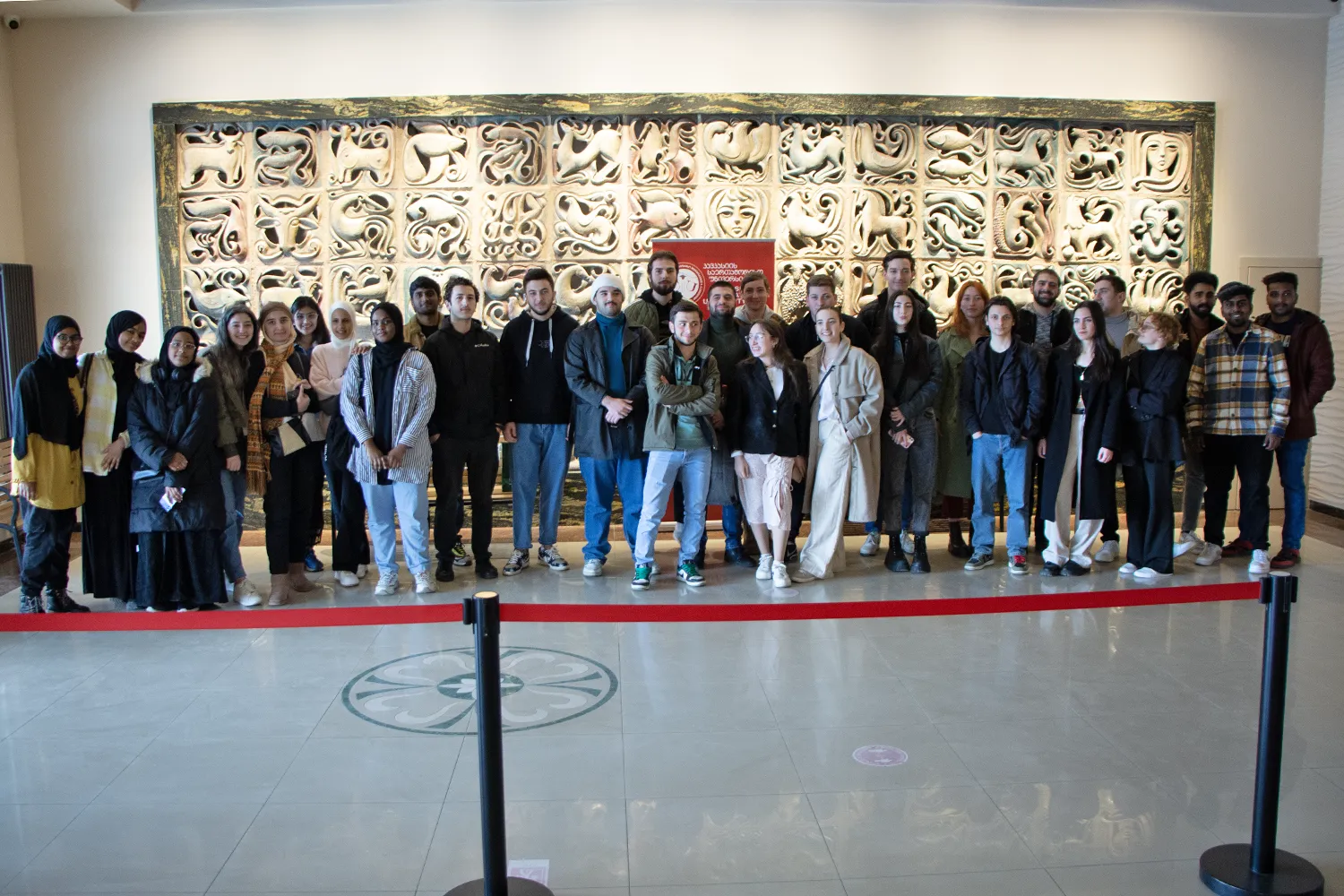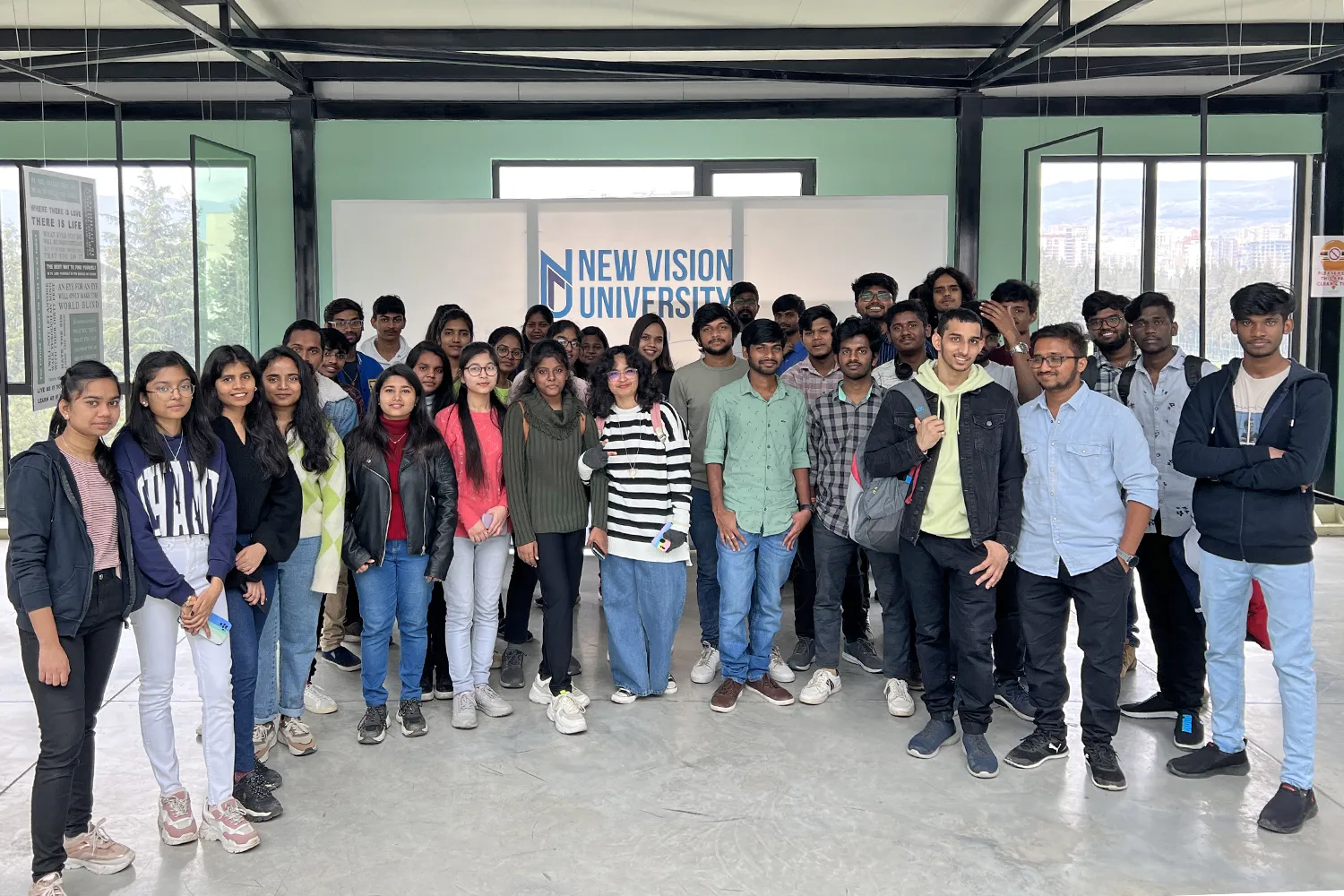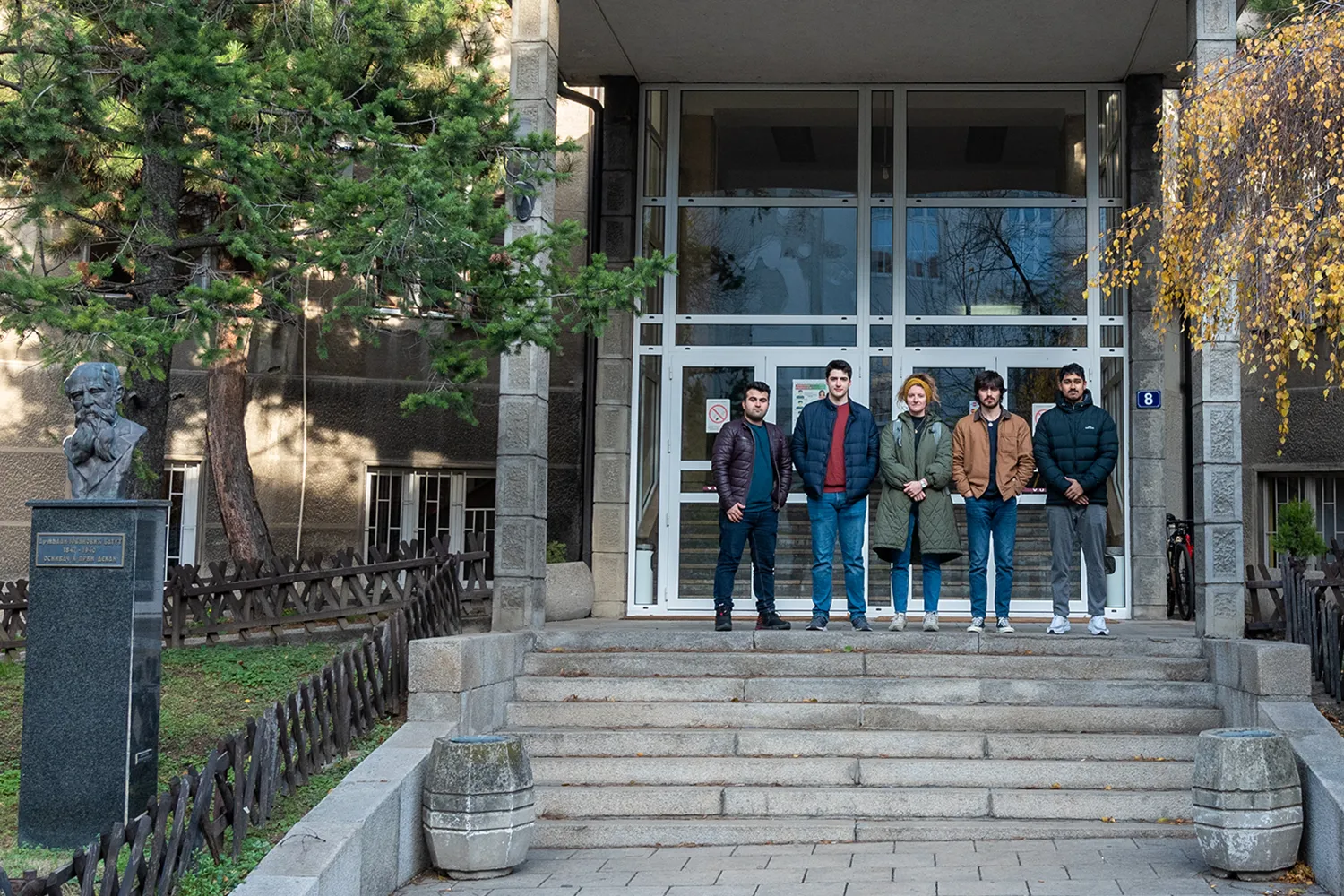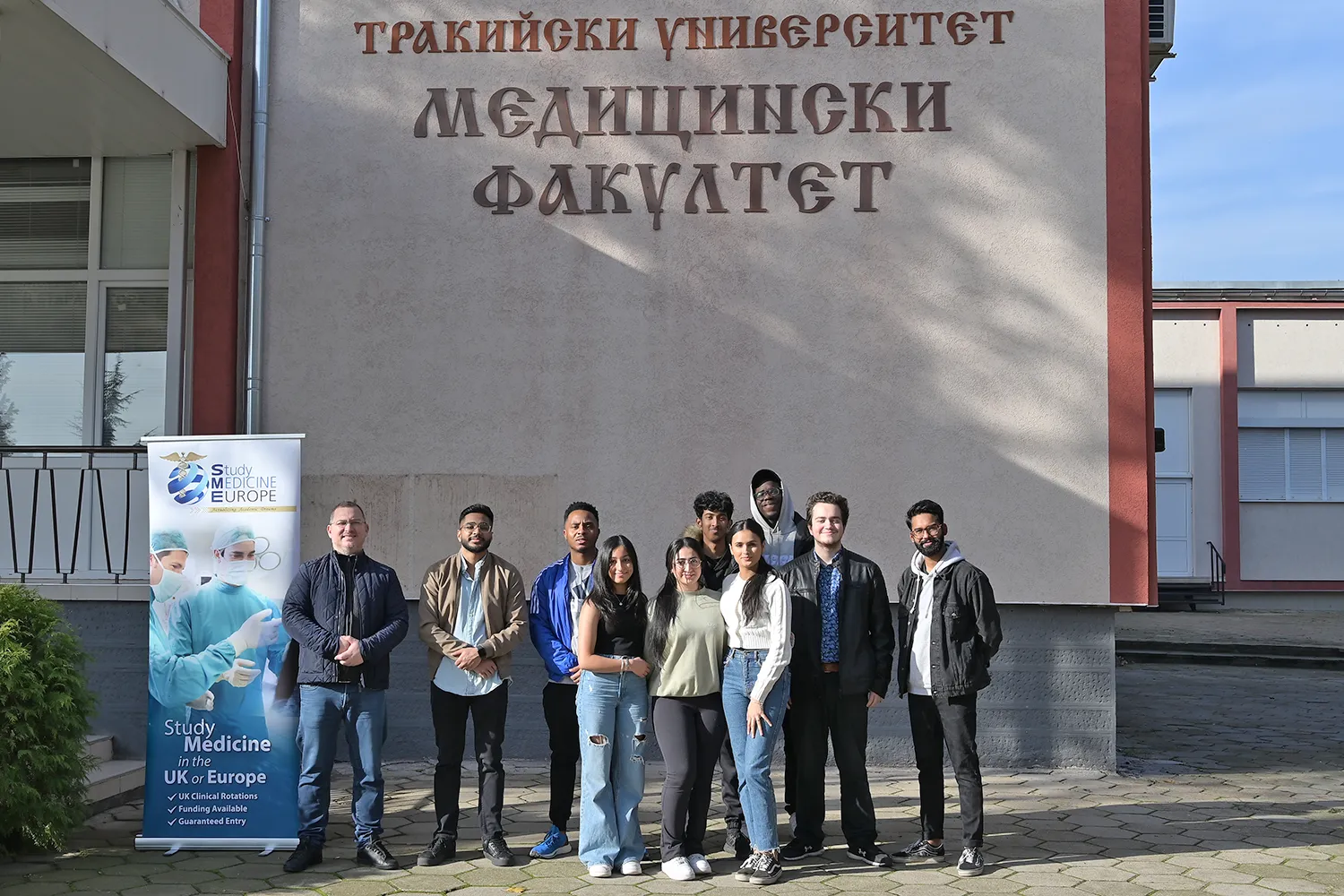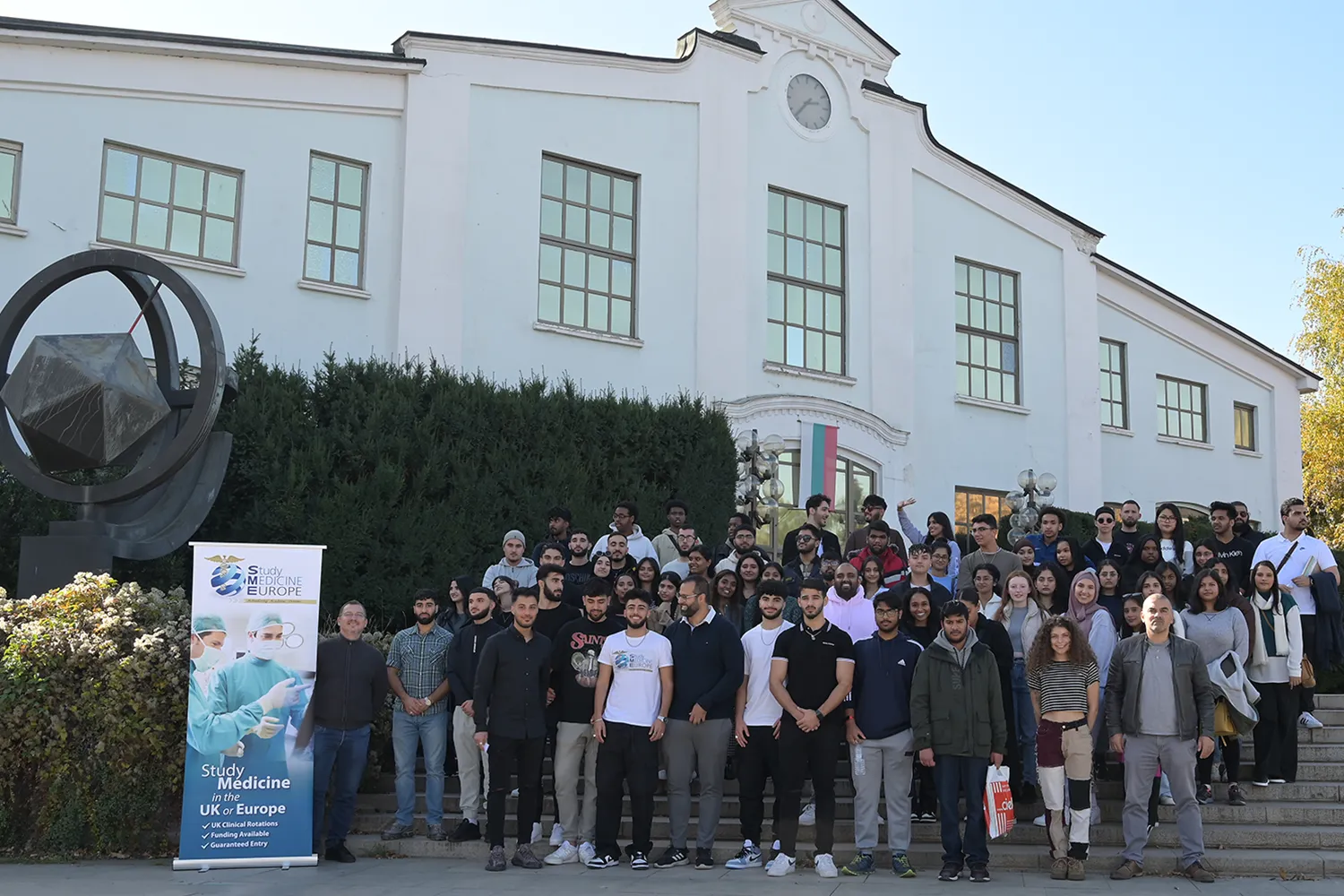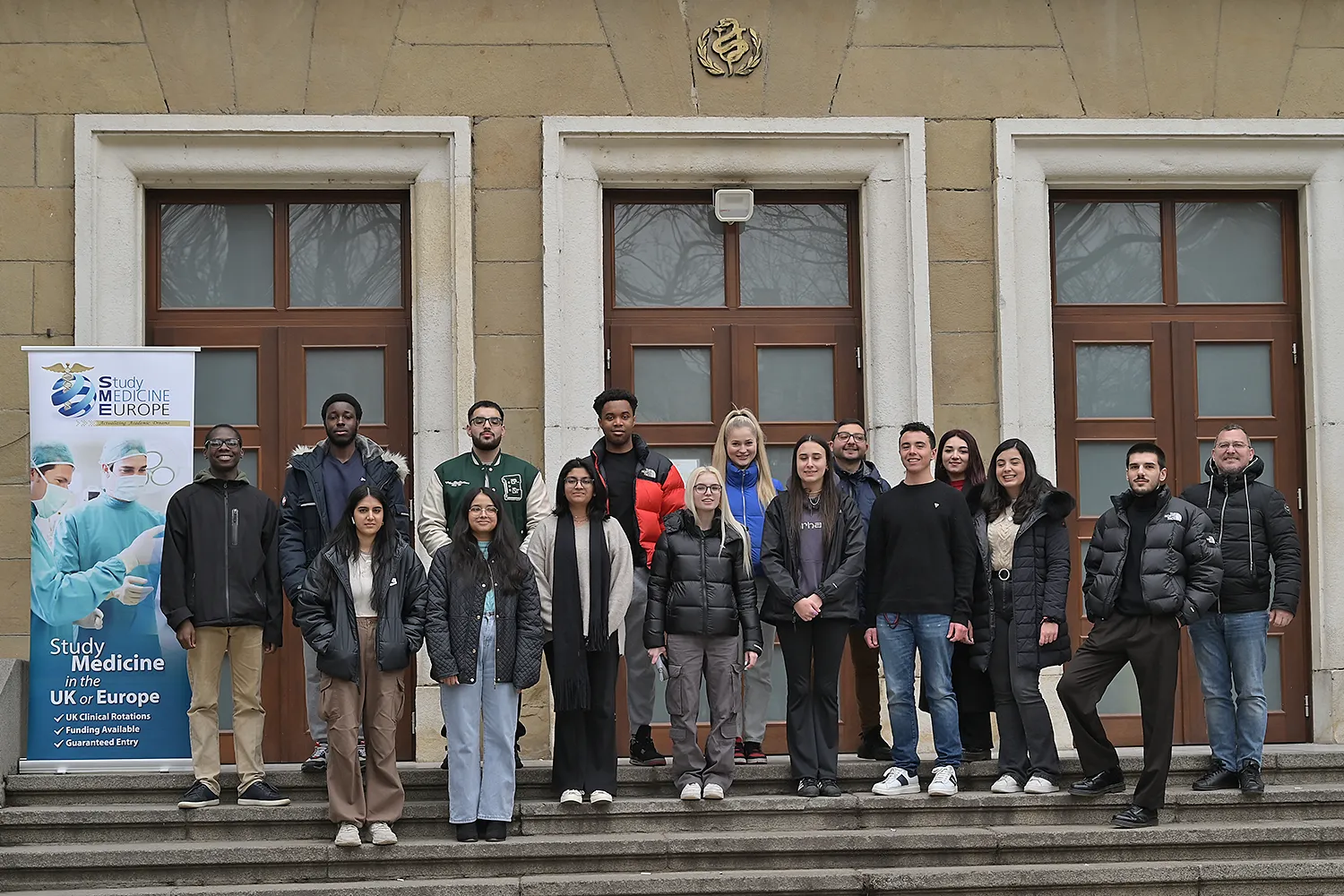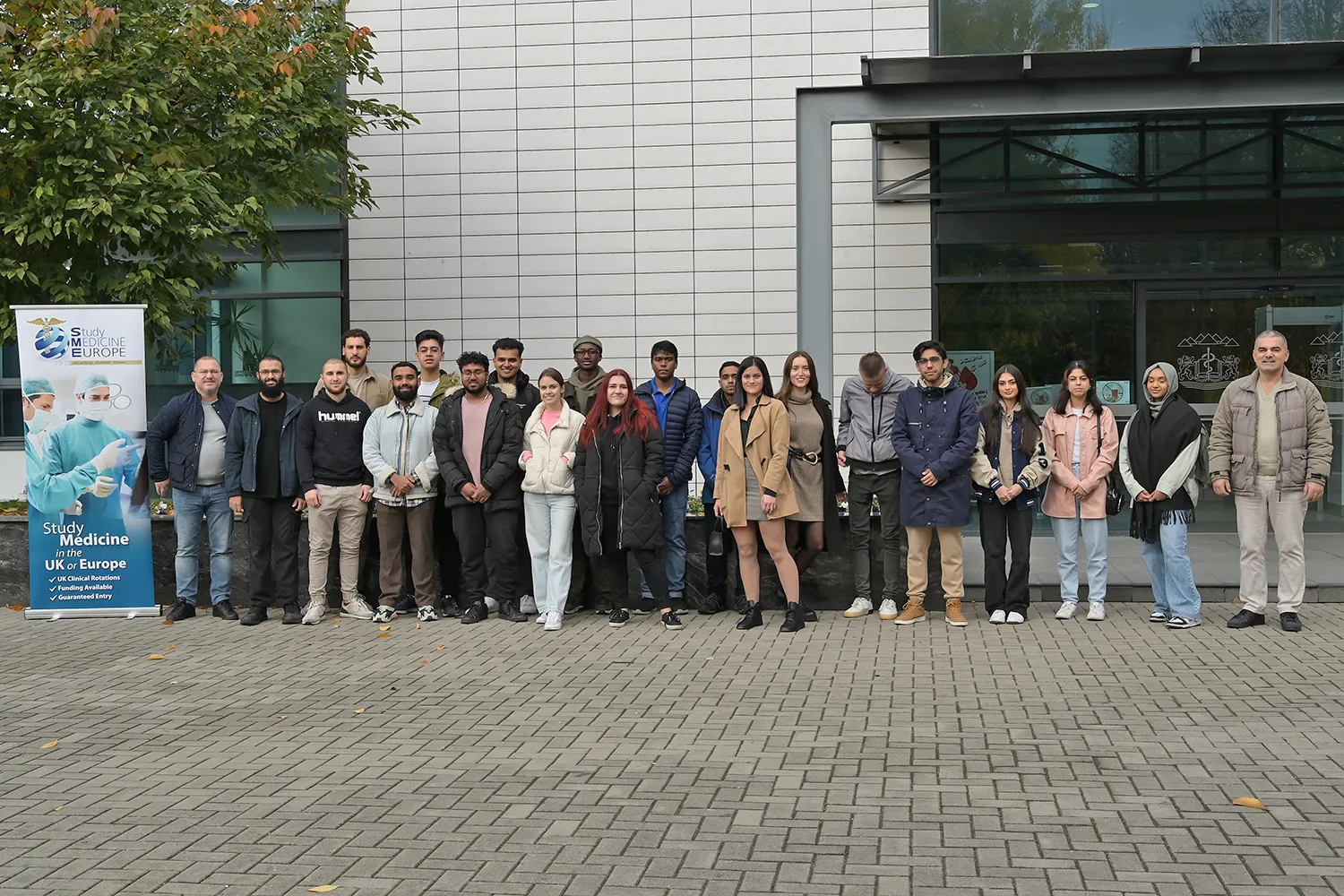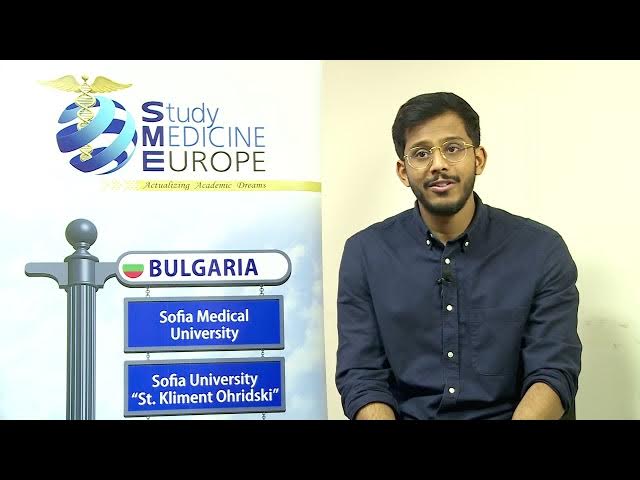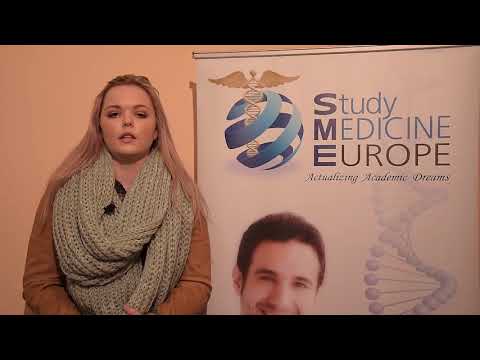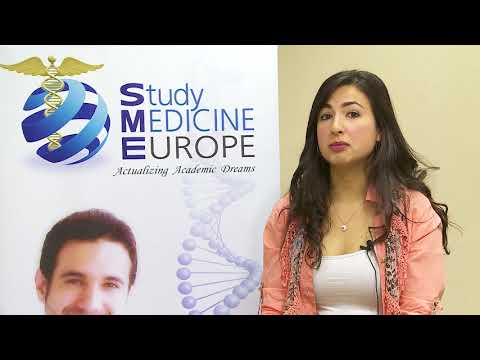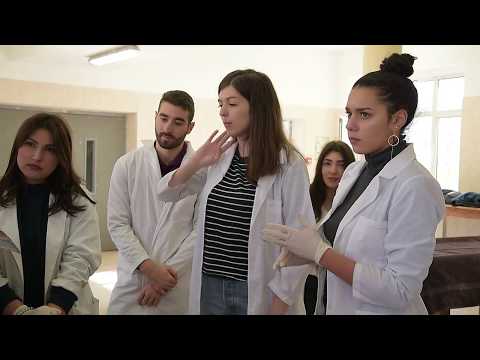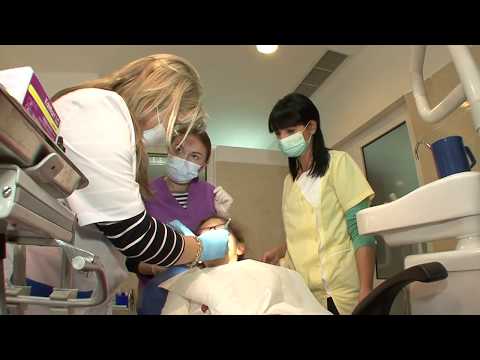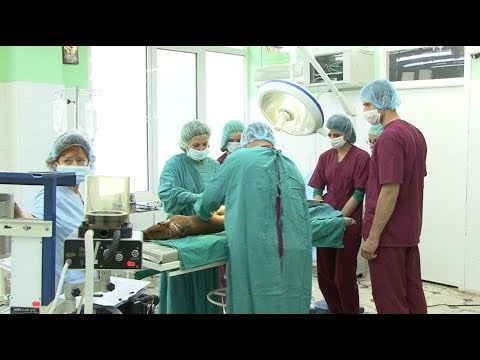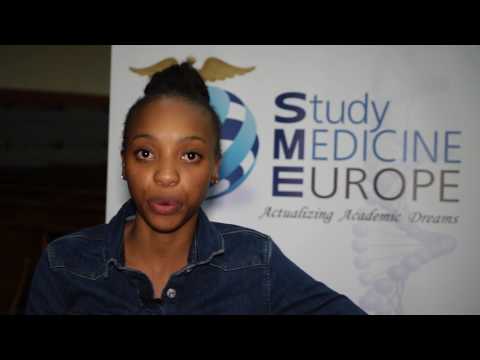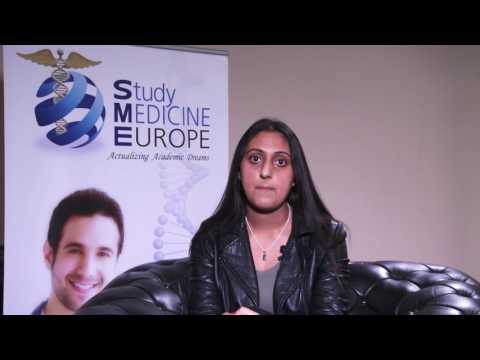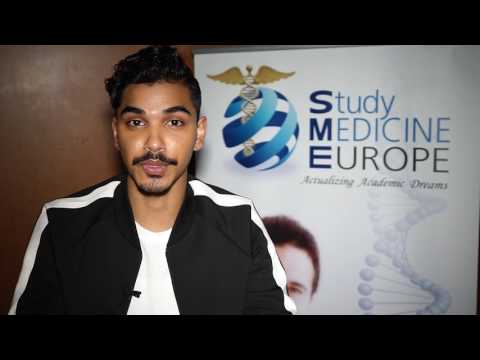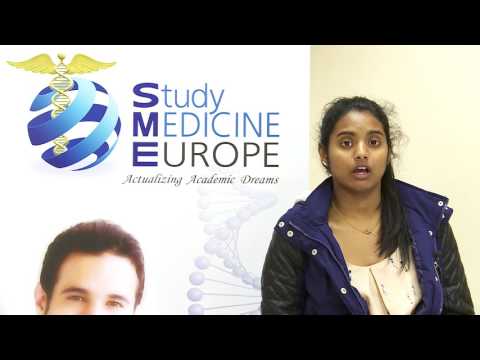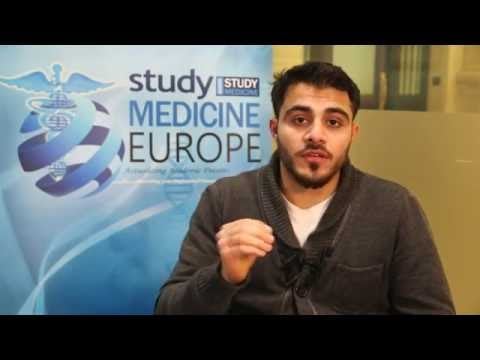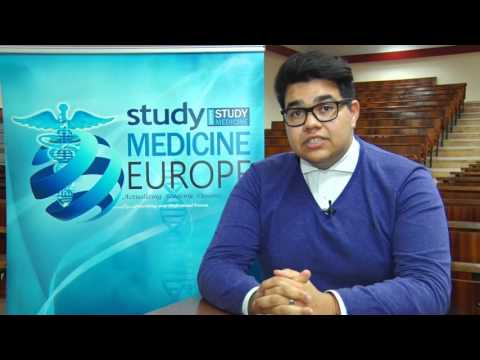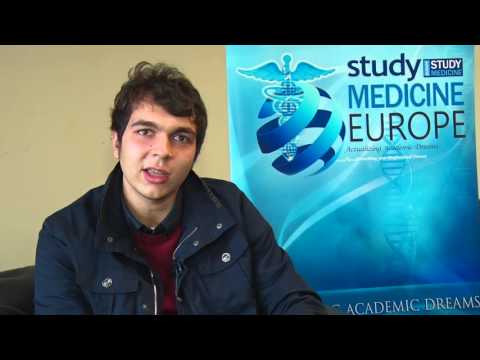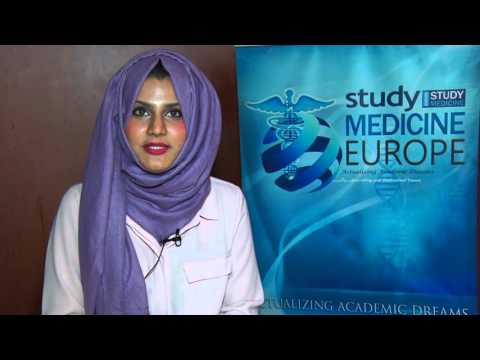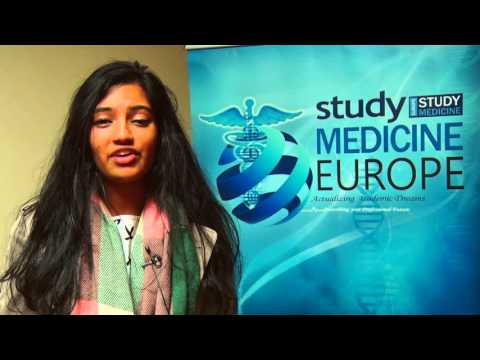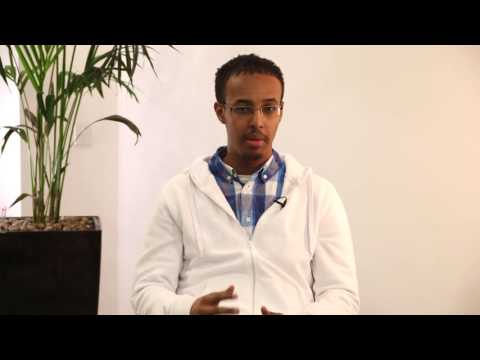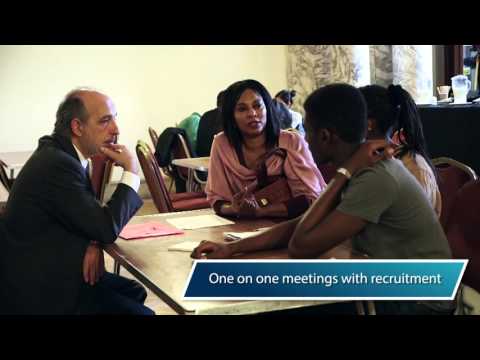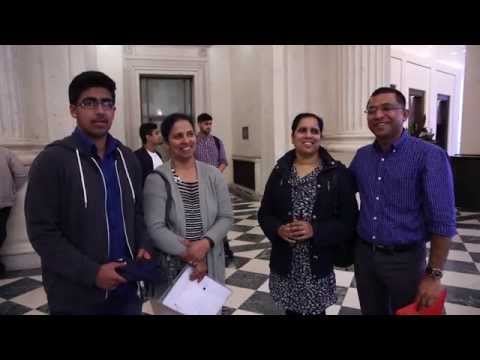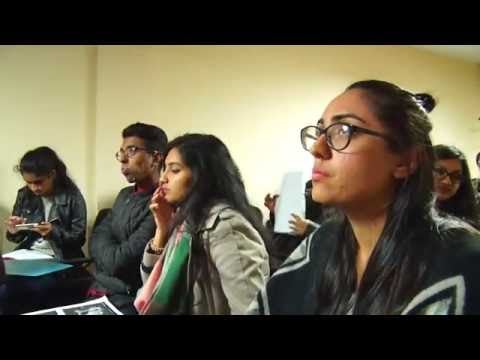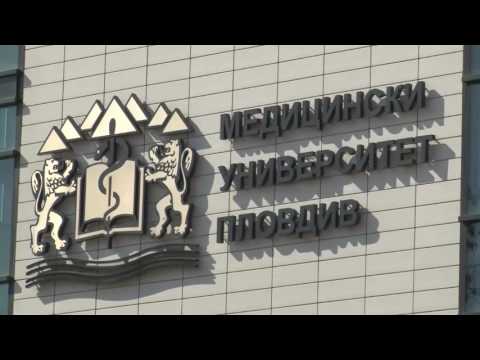Graduates, who have accomplished 5 or 6 year undergraduate medical studies, can get postgraduate (PhD or residency) medical education in the majority of Georgian Medical Universities.
What are the Benefits of Postgraduate Training for Medicine Students in Georgia
The main objective of the postgraduate training is to allow the students of medical institutions to continue their education and general practitioners to improve their skills for further certification. The medical faculties together with its teaching hospitals and other health organisations, provide the necessary physical and human resources to create a scholarly environment appropriate for the training of medical graduates so that they acquire the knowledge, skills and attitudes to become accomplished professionals with the highest moral and ethical standards.
The individual form of training is based on qualification characteristics, professional and position requirements, principles and realised perspective and doctor’s pretensions. Detailed theoretical training is combined with learning practical skills operative technique, and typical and complex operations. A person with a diploma of higher medical education is entitled to undergo residency course and receive the right to independent medical practice after the passing of a unified state certification examination. Majority of graduates (locals as well as foreigners) of Georgian medical universities choose to stay in the country and carry on their specialisation.
What Languages are the Postgraduate Medical Study Programmes in Georgia Taught in
It must be noted that, at this phase it is necessary that all foreign applicants have basic knowledge in Georgian language or they should undergo a foundation course, followed by the examination in Georgian language resulting in B2 level. The exam is generally held at the university campus. This procedure is essential in order to be able to interact with the patients who candidates are taking care of in hospitals and as happens in some countries when the medical specialist is looking for specialisation and his/her native language is not the one they speak.
How do Students Prepare for their Postgraduate Residency Study in Georgia
Preparing for residency will be undertaken with special programs that meet professional standards of state preparation and international recommendations. Accreditation of the residency program on the territory of Georgia and monitoring the quality of its implementation is carried out by the Postgraduate and Uninterrupted Medical Education Council. Annually, on the basis of the recommendation from the Diploma and Uninterrupted Medical Education Council, by the order of the Minister of Labour, Health and Social Affairs subjects of management and organisational provisions of residency programs and the number of resident preparations are determined. Residency programme fees range from 2,450–3,570 GBP a year that could be paid in two instalments.
What State Certification do Students Hold After They Study Medicine in Georgia
At the end of the residency course, the program-director shall issue the appropriate characterisation-recommendation for each individual resident – to be submitted to the State Certification Council. After completion of residency, a resident will be given a certificate (diploma) with specialty on the basis of which the applicant is allowed to pass the certification exams. In the residency curriculum, a resident does not have a right to independent medical practice except when the patient has a life-threatening condition or needs urgent medical care and is unable to find a person with the right to independent medical practice.
A person who has received a national certificate before the start of professional training at the residency has the right to carry out independent medical practice only in the specialty of the state certificate specified in the course of his residency. The subject of independent medical practice with a state certificate in any medical specialty has the right to receive a state certificate in other medical specialties. In this case the length of the residency course is determined by the list of adjacent medical specialties approved by the Minister of Labour, Health and Social Affairs of Georgia.
What are the Admission Requirements for Students to Study Postgraduate Medicine in Georgia
The admission to the postgraduate programme requires a Master’s or equivalent degree awarded by the accredited education institution; if the degree was awarded by the foreign higher education institution it is required to address the Centre of the Education Quality Development first;
In order to take part in the competition for admission to the postgraduate programme the following documents have to be presented:
- An Application form (filled and printed);
- An Applicant’s CV;
- A notarised copy of a diploma of a Master’s (or equivalent) academic degree;
- A copy of a (passport) an identity card;
- 2 3X4 photos and electronic versions of those on CD;
- A copy of a military registration evidence of the selectee (or a military ID in case it exists);
- A short abstract of the research project and the consent of the assumed scientific advisor;
- A notarised copy of recognition of the education received in foreign country (in case it exists);
- Other documents if considered by the relevant doctoral programme.
The Medical and Dental Specialisations for Study in Georgia are:
| No | Specialty | Years | |
|---|---|---|---|
| A. Medical Specialities | |||
| I.Clinical Specialities | |||
| Ia. Medical Group | |||
| 1. | Allergy/Immunology | 4 | |
| 2. | Anaesthesiology | 5 | |
| 3. | Dermatology | 4 | |
| 4. | Emergency Medicine | 5 | |
| 5. | Family Medicine | 4 | |
| 6. | Internal Medicine | 4 | |
| 7. | Medical Genetics | 4 | |
| 8. | Neurology | 3 | |
| 9. | Paediatrics | 4 | |
| 10. | Psychiatry | 4 | |
| 11. | Physical Medicine and Rehabilitation | 4 | |
| 12. | Preventative Medicine | 4 | |
| 13. | Radiology Diagnostics | 4 | |
| 14. | Radiation oncology | 3 | |
| 15. | Urology | 5 | |
| 16. | Otolaryngology | 5 | |
| 17. | Ophthalmology | 4 | |
| 18. | Rheumatology | 4 | |
| 19. | Haematology | 4 | |
| 20. | Cardiology | 4 | |
| Ib. Surgical Group | |||
| 21. | Orthopaedic Surgery | 6 | |
| 22. | Plastic Surgery | 6 | |
| 23. | Neurosurgery | 5 | |
| 24. | General Surgery | 5 | |
| 25. | Thoracic Surgery | 5 | |
| 26. | Cardiac Surgery | 5 | |
| 27. | Vascular surgery | 5 | |
| 28. | Obstetrics | 6 | |
| 29. | Oral and Maxillofacial Surgery | 5 | |
| II. Specialities Laboratory | |||
| 30. | Bacteriology | 4 | |
| 31. | Parasitology | 3 | |
| 32. | Virology | 3 | |
| 33. | Cell Kinetics | 4 | |
| 34. | Clinical Genomics Sequencing Laboratory | 4 | |
| 35. | Infectious Diseases Serology | 4 | |
| 36. | Cellular and Molecular Immunology | 4 | |
| 37. | Antibody Immunology | 4 | |
| B. Dental Specialities | |||
| 1. | Dental Public Health | 3 | |
| 2. | Endodontics | 3 | |
| 3. | Oral and Maxillofacial Surgery | 5 | |
| 4. | Oral Medicine and Pathology | 3 | |
| 5. | Oral & Maxillofacial Radiology | 3 | |
| 6. | Dental prosthetics | 3 | |
| 7. | Paediatric Dentistry | 5 | |
| 8. | Periodontics | 3 | |
| 9. | Prosthodontics | 3 | |









